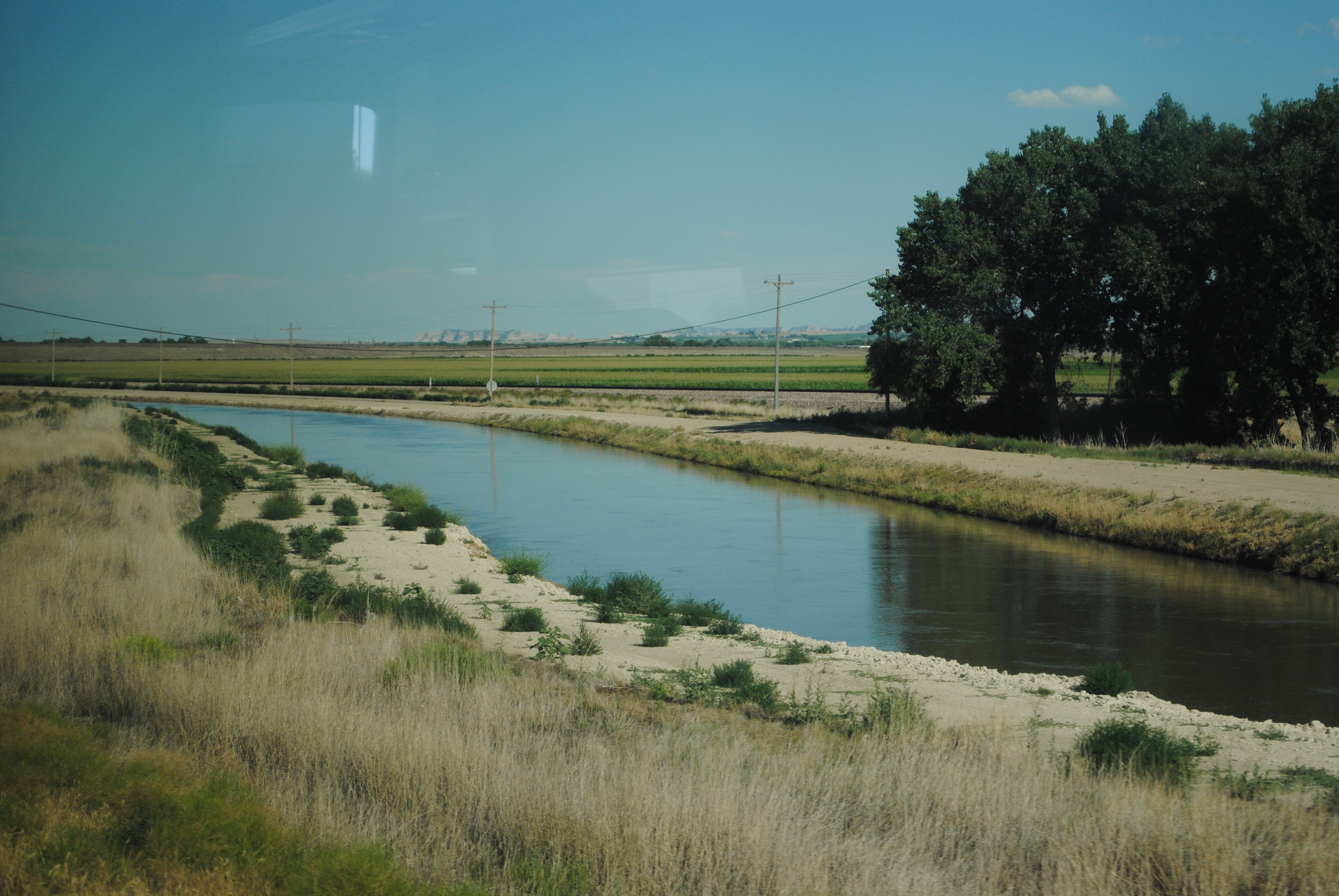Using Pesticides

We All Hold the Key To Clean Water
Lawn & Garden Best Management Practices
Pesticides
Weed and insect killers can be valuable tools. They must be used according to label directions, with concern for the safety of people, animals, and the environment. Here are suggestions from the University of Nebraska Cooperative Extension:
Weed Killers
The best defense against weeds is thick, well-managed turf. Before trying chemicals, try to correct a weed problem through management:
- Mowing
- Watering
- Fertilizing
- Controlling disease or insects
Weed Control Strategy
Here are some steps in developing a weed control strategy:
- Correctly identify the weed.
- Take a plant sample to your local county extension office or lawn and garden center.
- Learn about the weed’s life cycle to know when to apply a chemical.
- Remember: Different turf grasses vary in their tolerance to weed killers. The wrong chemical could injure your lawn.
Insect Killers
First, identify the pest and determine whether it will cause enough damage to justify using chemicals. If you do, take the following precautions:
- Minimize chemical exposure to your body through skin absorption or inhalation.
- Spot treat if possible.
- Avoid applying when it is too hot, rain is forecast within 24 hours, or winds are faster than ten mph. (Neb guide G1773- Between 3-10 Mph- recommended eight mph)
- Store chemicals in their original containers locked away from food, children, and pets.
- Mix only the amount you will use at one time.
- Triple-rinse empty containers before disposal.
Additional Information
Contact the Cooperative Extension or your local lawn and garden center for more details or information.
Online Resources
- Turf Grass Weed Prevention and Management (Extension NebGuide)
- Pesticide Management and Safety on Home Grounds (Extension NebGuide)
- Kentucky Bluegrass Lawn Calendar (Extension NebGuide)
- University of Nebraska IANR Extension Publications on Horticulture (type horticulture into the search box)
More Lawn & Garden Best Management Practices
It was developed for the Dutch Flats Groundwater Quality Project. The project is partially funded by a Section 319 Clean Water Grant from the U.S. Environmental Protection Agency through the Nebraska Department of Environmental Quality.